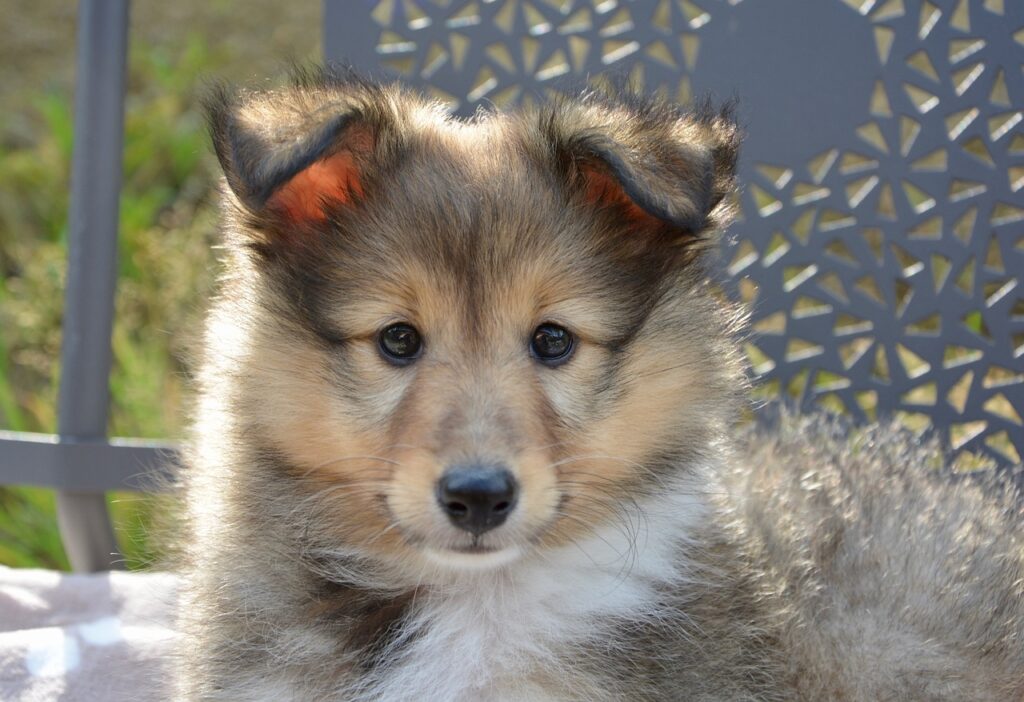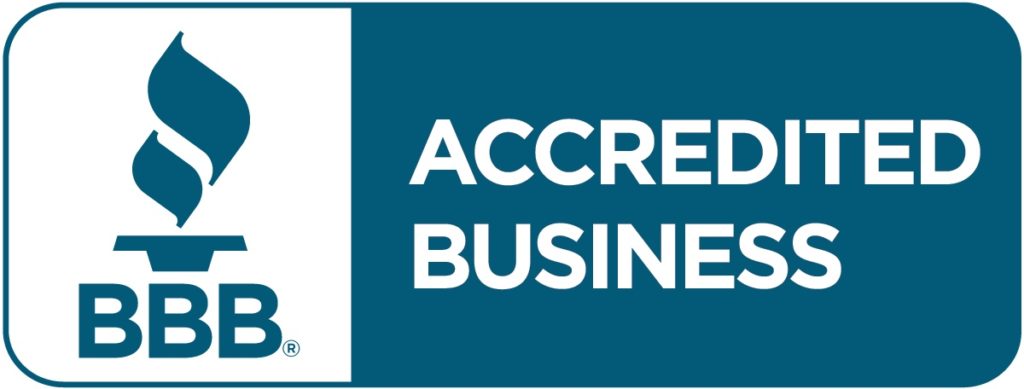
“How early can you start training puppies?” It’s a question many new dog owners ponder, often underestimating the importance of early training. The truth is, training can and should begin right away! Early training lays the foundation for a well-behaved and happy companion, setting the stage for a lifetime of positive interactions. Let’s explore why early training is crucial and some key areas to focus on when training your puppy.
The Importance of Early Training
Training a puppy from a young age is essential for several reasons. Firstly, puppies are like sponges, absorbing information and learning at a rapid pace. By starting early, you can take advantage of this critical developmental period to instill good behaviors and habits. Additionally, early training helps prevent behavioral problems down the line, fostering a harmonious relationship between you and your furry friend.
Key Areas to Focus on When Training Your Puppy
- Socialization: Introducing your puppy to various people, animals, environments, and experiences is crucial for their development. Socialization helps puppies learn to navigate the world confidently and reduces the likelihood of fearfulness or aggression later on. Start socializing your puppy as soon as they are home and introduce them to new experiences in a positive and controlled manner. Avoid dog parks, pet stores, grooming facilities and other high traffic dog areas until your dog has all their vaccinations.
- Potty Training: Establishing good potty habits early on is essential for a clean and stress-free home environment. Start by taking your puppy outside frequently, especially after meals, naps, and playtime. Use positive reinforcement, such as treats and praise, to reward your puppy for going potty in the designated area. Consistency and patience are key to successful potty training.
- Crate Training: Crate training provides your puppy with a safe and comfortable space of their own while also helping with housebreaking and preventing destructive behaviors. Introduce your puppy to their crate gradually, using treats and toys to create positive associations. Make sure the crate is appropriately sized and never use it as a form of punishment.
- Basic Commands: Basic obedience commands such as “sit,” “stay,” “come,” and “down” are essential for communication and safety. Start teaching these commands using positive reinforcement techniques as soon as your puppy is old enough to understand. Keep training sessions short and fun, and be patient as your puppy learns.
Conclusion
The answer to “how early can you start training puppies?” is simple: right away! Early training is crucial for setting the foundation for a well-behaved and confident dog. By focusing on areas such as socialization, potty training, crate training, and basic commands from the outset, you can help your puppy grow into a happy, well-adjusted, and obedient companion.
Best Regards,
Nexus K9 Training, Dog Training in Savannah GA and Bluffton SC

